A number of youths have presented a parliamentary motion calling on the government not to introduce embryo freezing which, they say, amounts to a form of abortion. They have also urged the state not to introduce surrogacy and euthanasia.
The motion was presented by the Freedom of Life Party, which was specially formed for today’s session of the Youth Parliament.
Is states that human dignity exists from the moment of conception, the precise moment when human life starts, and ends with natural death. This dignity is being threatened in Malta and around the world by a culture of death – a culture that promotes death as a solution to problems. An example of this culture is the freezing of embryos, abortion, euthanasia and assisted suicide. This culture is harming the dignity and wellbeing of all human beings, the group said.
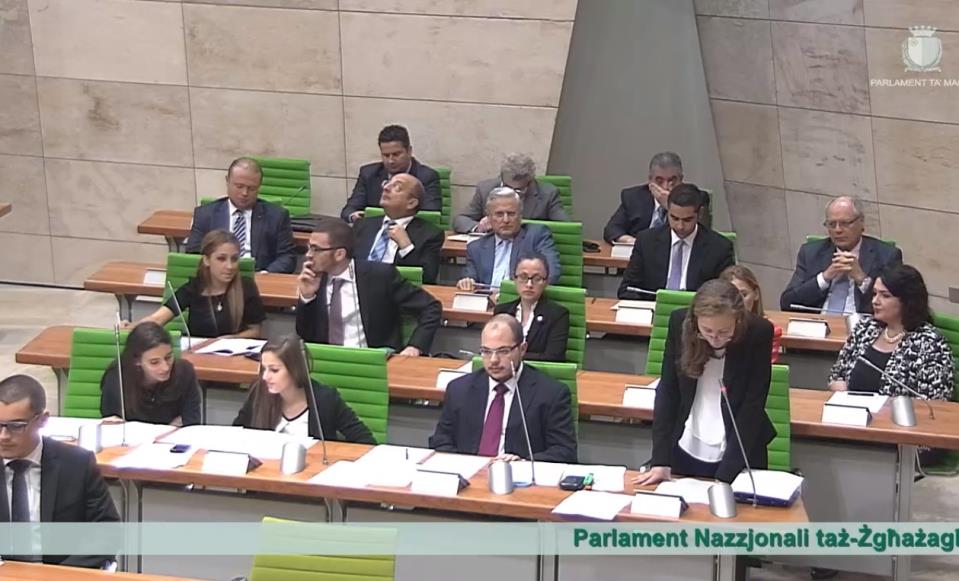
Assisted medical procreation
Assisted medical procreation aimed to help infertile couples have children. Human life should be protected without exception and embryos should be given special protection, safeguarded from manipulation. The voiceless embryos are well protected by the current legislation. It prohibits preservation processes such as freezing, the choice of sex, cloning, surrogacy, experimentation and genetic modification. The reason behind these restrictions is that they are in breach of human dignity.
The group said the freezing of sperm and ova was acceptable since these did not yet constitute human life. However this did not mean that there cannot be effects on the same gametes. A study showed that the chances for an egg taken from a woman over the age of 38 and fertilized before being implanted in the womb only had a 2%-12% chance of success.
It said that even without embryo freezing, Malta had IVF success rates comparable to those of the UK.
The youths said the main problem with embryo freezing was the time these embryos were kept for before being used, if ever. The second is the legal state of the embryo. What would happen to the embryo if the couple separated?
The third issue was the so-called ‘thawing process.’ A UK study, the group said, showed that most of the frozen embryos died during thawing.
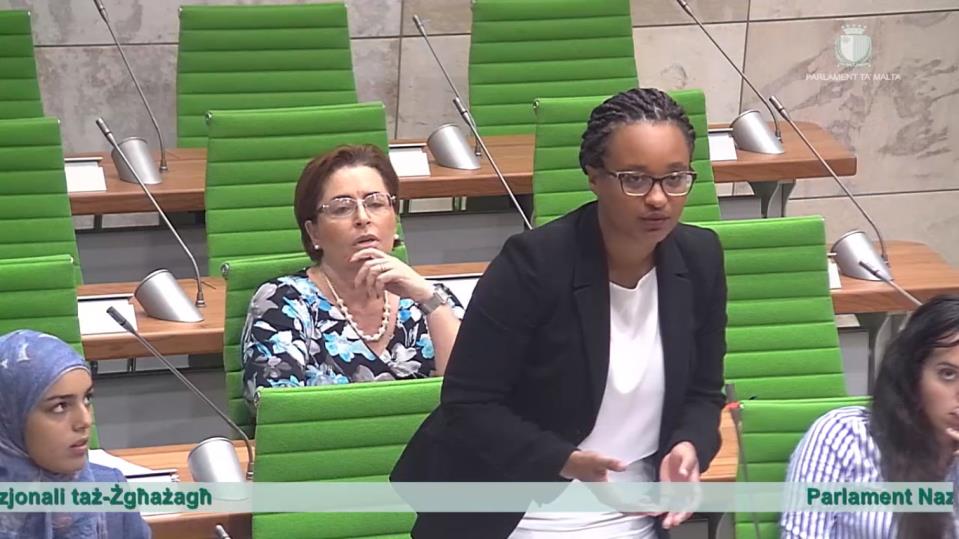
Embryo freezing ‘offends’ the dignity of man since embryos were a human form with a unique and distinct DNA. The embryological phase was part of the normal process of human life, just as adolescence, youth and old age were. This meat hat an offence against human life and dignity at embryo stage amounted to discrimination based on age.
Embryo freezing should be avoided in order to safeguard human dignity and avoid these problems. Besides, the group said, the Convention on Children’s Rights stated that children should be given all the necessary care before and after birth.
Sperm and egg donation
The resolution also touches on the subject of sperm and egg banking. “The donation of gametes reduces people to producers. Children born of sperm and egg donations are intentionally born orphans since there would be no way to find out who their biological parents were. This is also in breach of the Convention on Children’s Rights. It can also lead to psychological distress.”
The youths also noted that the process of ova donations could be harmful to women while the process reduced human procreation to a “simple impersonal transaction.”
While recognizing the pains brought by infertility, the group said there is “almost unanimous” agreement that the best environment for raising children was within a family based on one man and one woman. “For these reasons, medically assisted procreation should be offered only to those eligible according to the provisions of the current legislation.”
The resolution notes that there are a number of alternatives to IVF, including Natural Procreative Technology, Gamete Interfallopian Transfer and adoption.
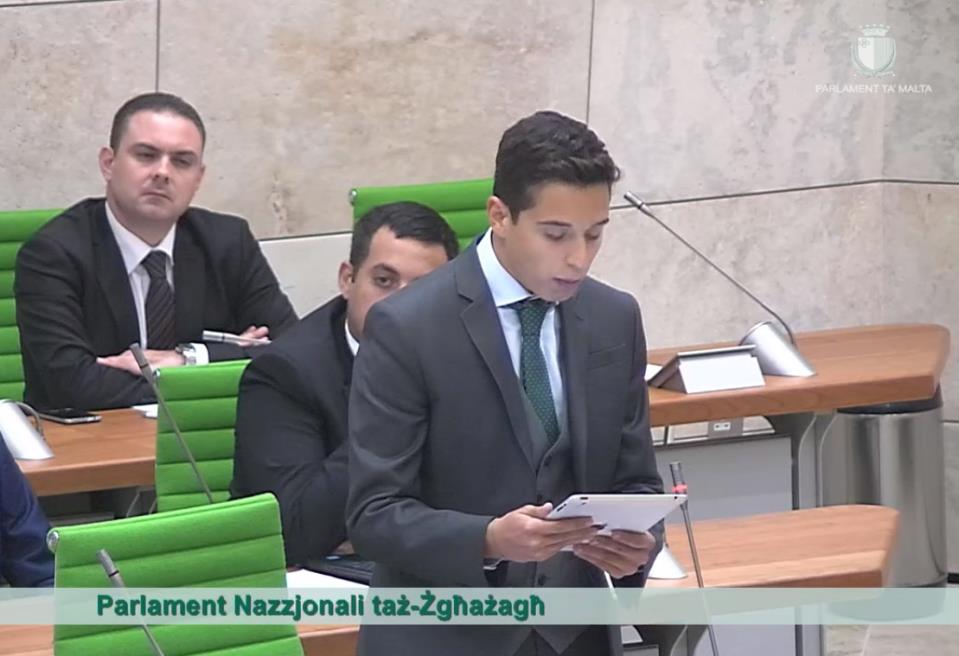
Surrogacy
The resolution refers to surrogacy as the “renting out of a uterus.” The process, it says, is harmful to the surrogate mother, the child and the biological mother. The last two are denied the opportunity to form the bond that exists between a mother and her child. For this reason alone, surrogacy should not even be considered in Maltese law.
The resolution also noted that women with low financial means were sometimes being exploited and coerced into having someone else’s baby.
The resolution concludes that for all the reasons mentioned, the Embryo Protection Act should not be changed for if it was changed, it would be turned into a law that produced embryos as if it was some sort of factory.
Abortion
The resolution also touches on the subject of abortion and argued that even some pro-abortion advocated admitted that human life started at conception. It also quoted two American women who were raped and impregnated at a young age who decided to keep their babies rather than opt for an abortion, despite their initial temptations.
Abortion is as yet illegal in Malta but if the country started allowing procedures like embryo freezing the relevant article that prohibited abortion would become irrelevant.
It argues that embryo freezing is a form of abortion. “With the proposed changes, five eggs woulr be fertilized instead of two. Doctors would then choose the strongest two embryos while the rest are frozen. This choice between the strong and the weak is not ethical but rather state-sanctioned eugenics. To choose between embryos on the basis of eugenics is not only illegal but also in breach of human dignity.”
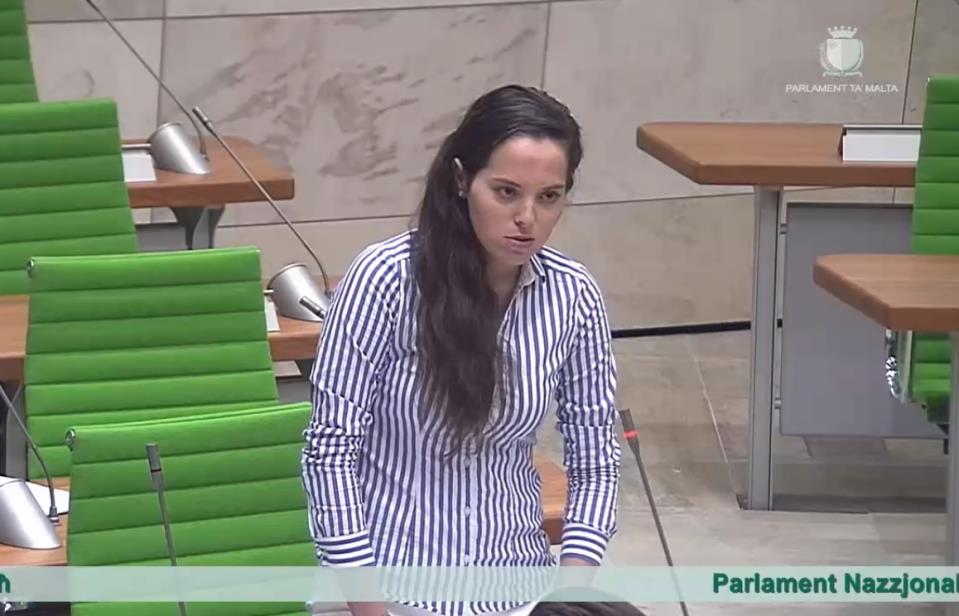
The frozen embryos are kept for an undefined period of time until they are needed. Some 30% of embryos die during thawing while others are damaged during the freezing process. These are left to die because of their insufficient quality. If the couple manages to conceive, the remaining embryos are also killed. The same happens if the couple separates.
The resolution calls for an amendment to Article 33 of the Constitution to say that the protection of human life should be given from conception to natural death without any place for exception.
It also calls for educational and informative campaigns on human dignity and the introduction of a Human Dignity Curriculum. Parents should also be given the needed support and psychological help to help them carry out their responsibilities properly. There should also be increased awareness on foster care and adoptions.
Euphemisms related to the subject should also stop being used. The phrase ‘termination of pregnancy’ should not be used instead of homicide and the term ‘embryo’ should not replace ‘child in the womb.’
According to the World Health Organisation around 50 million abortions are carried out every year. “We cannot afford to add to this number through radical changes to our laws. A nation that kills its own children is a nation without hope. Malta is not such a nation.”
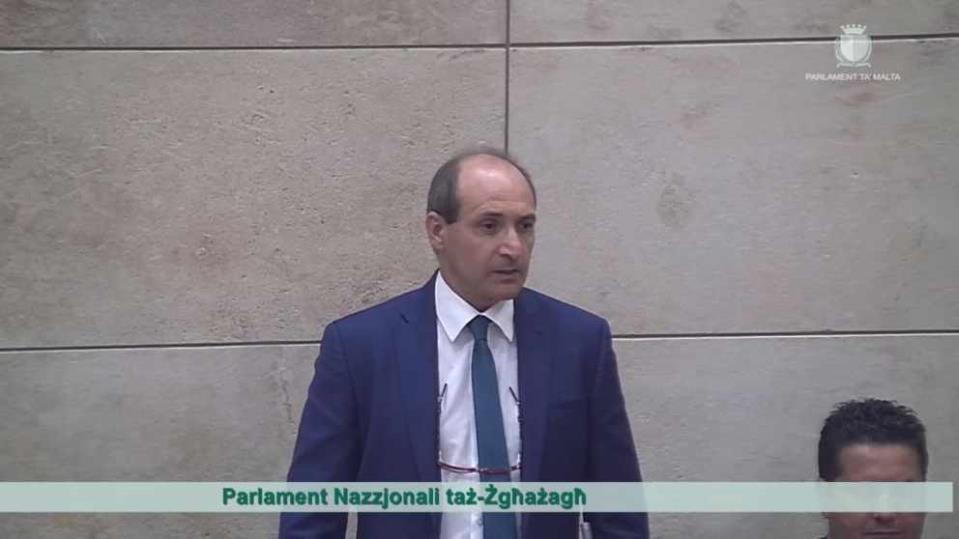
Euthanasia
The last chapter deals with euthanasia, which the group says is often sugar coated with the term ‘right to die,’ or ‘right to die with dignity.’ Euthanasia is a calculated action aimed at causing the death of a human being. This is not a positive starting point, the youths said. Euthanasia encouraged people to look at others as burdens rather than brothers and sisters.
They argued that the term ‘mercy killing’ is misguided and contradictory because no show of mercy can involve death. Mercy killing is an abuse of compassion. Between life and death one should always choose life.
The resolution calls for the improvement of palliative care, which should not deny the patients of their contacts with their families and the community.
A speaker from the “Immigration Party” said that while it was true that some embryos were discarded, people also had a right to family and right to family life. The same could be said for sperm and ova donations, which could be the only option for some couples to stay together and have children.
PN MP Claudette Buttigieg praised the youths for speaking on the subject with such passion and said the proposals put forward were very interesting. A number of good questions had been raised and MPs would do well to reflect on them and debate the issue in more detail.
Parliamentary Secretary Chris Fearne said that while life had to be protected the government also wanted to give opportunities to those who wanted to start a family, to bring new life into the world. Mr Fearne said there was consensus that IVF was a good way in which technology was used to create life. Some of us are living because of this procedure, he said. The government intended to extend the right to bring life into the world to a bigger number of families “without going into the extremes of science fiction.”
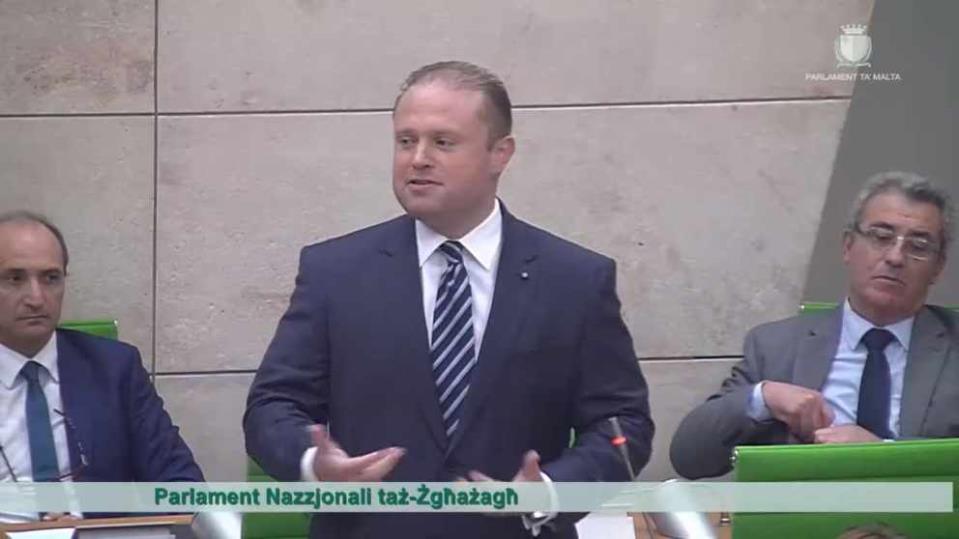
Prime Minister Joseph Muscat said he had stopped today’s cabinet meeting one hour early to attend the Youth Parliament session. He congratulated the youths for taking part and speaking their mind.
Dr Muscat said he was particularly interested in the last topic subject as the topic would surely be discussed at length in the coming months. While his views on the subject were well-known, the debate had served to show the difficulties that policy makers faced when making decisions.
He said that while he did not agree with the views expressed on embryo freezing he respected everyone’s opinion. The practice existed already, in exceptional terms. “I am not in favour of killing,” Dr Muscat said. “Debates such as this one help us come up with the best possible legislation for our country.”